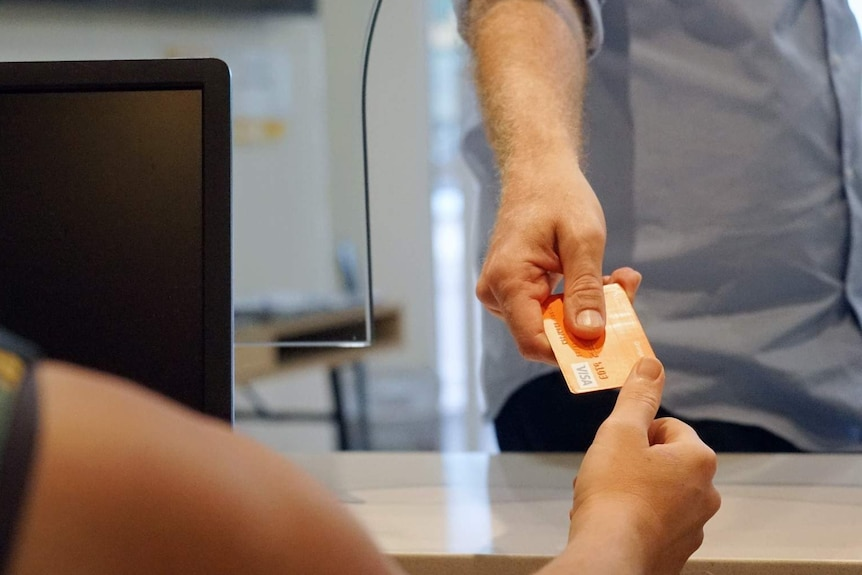
Brisbane is leading the country in the cost-of-living crisis with the highest rent, energy, health and insurance price hikes in the past year, according to a report by the Queensland Council of Social Service (QCOSS).
The organisation's annual QCOSS Living Affordability in Queensland Report models the expenditure and income of sample low-income households.
Overall in Queensland, in the last year fuel prices jumped 13.9 per cent and gas and other household fuels surged 12.9 per cent.
Electricity costs soared by 12.7 per cent and the state's rents rose an average of 7.8 per cent.

In those households modelled in the report, just one was able to meet basic living costs. (ABC News)
Food also became more expensive, with bread and cereal products up 10.4 per cent, and dairy and related products rising by 10.1 per cent.
In those households modelled in the report, just one was able to meet basic living costs, while the others were in debt or failing to make ends meet.
The cost of housing rose to 40 per cent of income for most households despite an increase in rent assistance, according to the report.
It also found severe shortages of affordable rentals, which combined with low vacancies increased people's risk of becoming homeless.

Queensland Council of Social Services CEO Aimee McVeigh.(ABC News: Mark Leonardi )
QCOSS chief executive Aimee McVeigh said families were making almost impossible decisions to survive.
"Despite a wide range of concessions and cost-of-living supports being available, not all are sufficient or readily accessible," she said.
"Many barriers are still in place for low-income earners to even access support, including reliable public transport in rural and remote areas, access to digital services, and access to healthy diets."
Ms McVeigh said rent assistance in particular had been outpaced by skyrocketing rent increases.
"Recent increases in assistance does not compensate for the significant gap between income support payments and average rents in the private rental market," she said.
"Homelessness and the risk of homelessness is now a disturbing status quo for low-income earners.
"Children are going to school hungry and reduced bulk billing services means their parents cannot afford to seek medical help," Ms McVeigh said.
QCOSS wants a coordinated government response so all Queenslanders can meet a basic standard of living.
"We call on the government to raise the rate of income support payments to at least $78 a day to ensure the safety, shelter, and wellbeing of Queenslanders," Ms McVeigh said.
"Community services have been walking side-by-side with struggling individuals and families, but a partnership approach to deliver essential services is critical."

